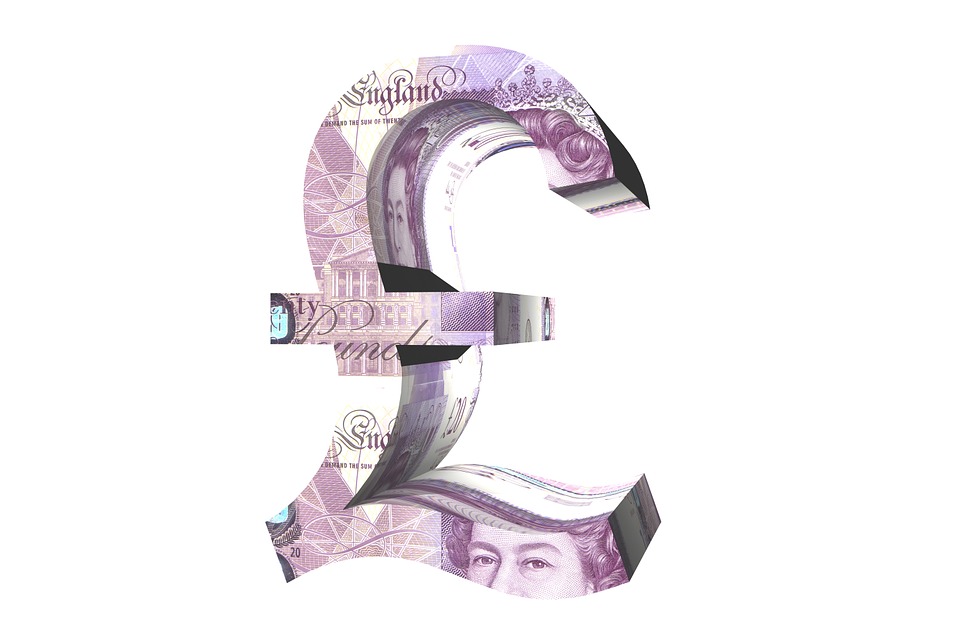The British pound edged lower on Monday as markets await this week’s Bank of England decision on interest rates, which many analysts see as too close to call.
While weak economic data and dovish comments from BoE policymakers have fuelled speculation that the central bank could cut rates at its Jan. 30 policy meeting, though upbeat economic numbers in recent days have cast doubt over that view.
For instance, Friday’s early readings of the IHS Markit/CIPS UK Purchasing Managers’ Index (PMI) showed that Britain’s vast services sector returned to growth in January for the first time since August while manufacturing woes receded.
In subdued Monday trading, sterling dipped 0.1% to $1.3056, sliding below a more than two-week high touched briefly on Friday at $1.3180.
Against the euro, sterling hovered around 84.41 pence, broadly steady on the day.
“This (BoE) meeting follows a run of fairly weak economic data over the last few weeks but with last week’s strong employment data and better than expected flash PMIs confusing the picture,” said Deutsche Bank strategist Jim Reid.
“Our economists have expected a cut for a good couple of months now, but markets are closer to 50:50.”
Analysts noted that market positioning data released on Friday by the U.S. Commodity Futures Trading Commission suggests that, though speculators have slightly reduced net longs in sterling, they maintain an overall long position.
But market watchers believe the drop in positioning is not reflective of changing interest rate expectations. Market expectations of a rate cut dropped to 59% on Monday, compared with more than 70% a week earlier.
“Last week’s relatively marginal correction in positioning has done little to dent the view that speculative investors remain broadly sceptical about the possibility of a cut,” ING strategists said in a note.
Those bets on further gains in the British currency could be vulnerable as Thursday’s BoE meeting draws nearer, putting downward pressure on the pound, they said.
Elsewhere, the BBC reported Irish Prime Minister Leo Varadkar as saying the European Union will have the upper hand in post-Brexit trade talks with Britain and questioned Prime Minister Boris Johnson’s timetable for a deal to be truck by the end of the year.
Britain will formally leave the European Union on Friday.
Reporting by Dhara Ranasinghe
Source: UK Reuters

